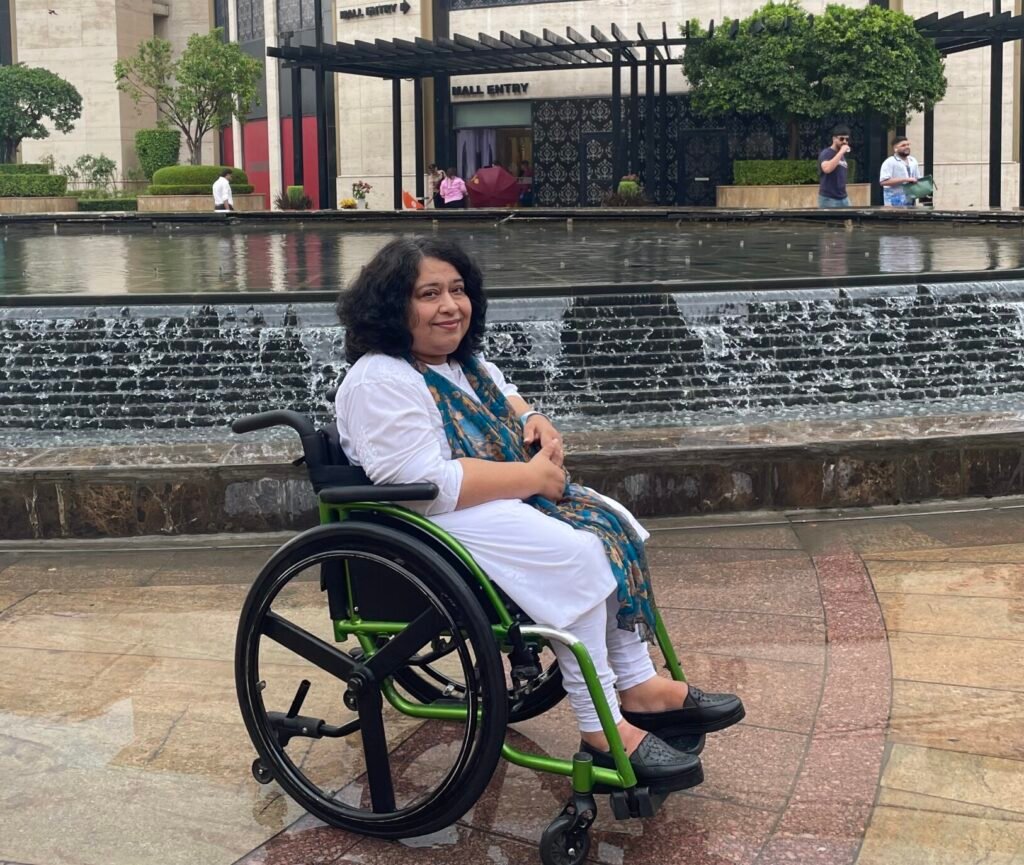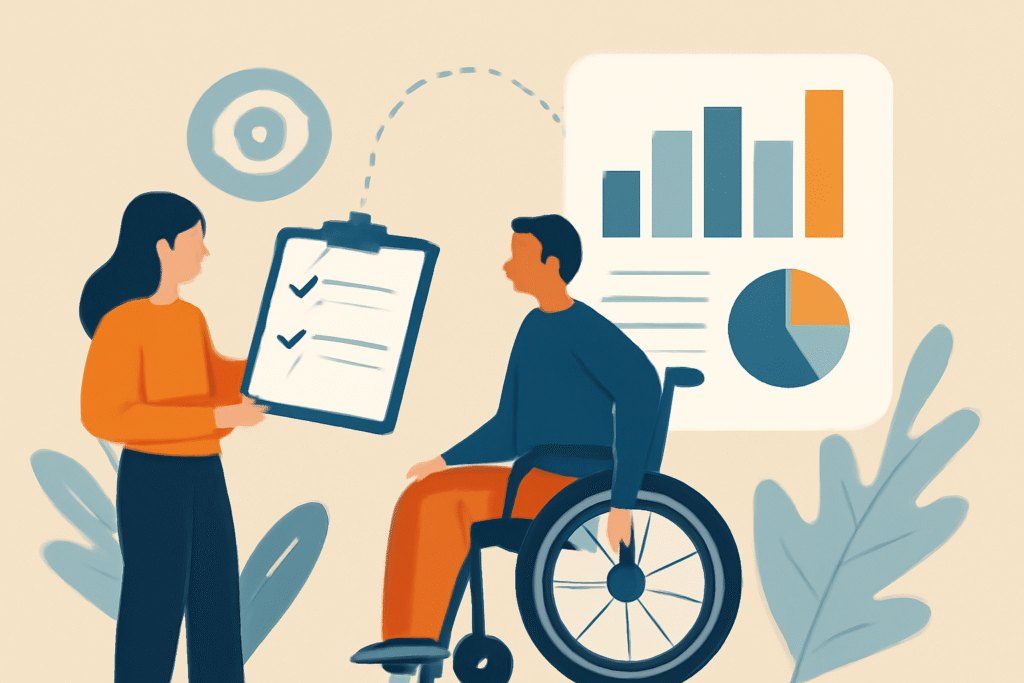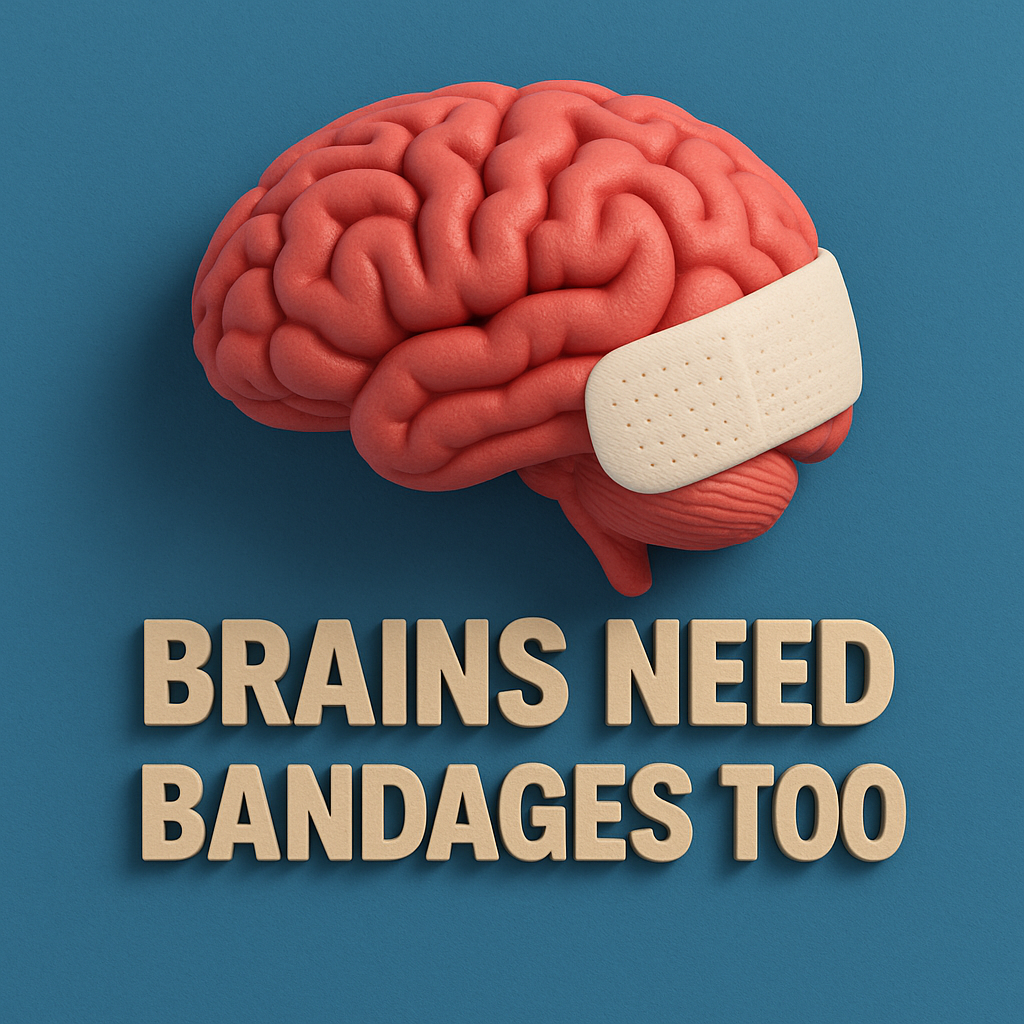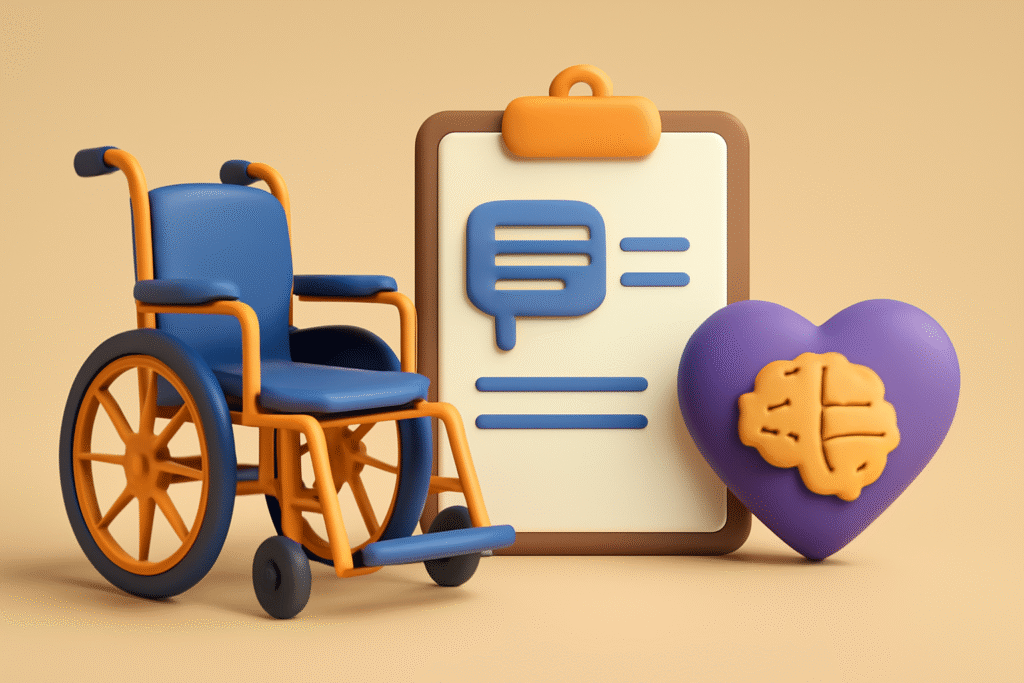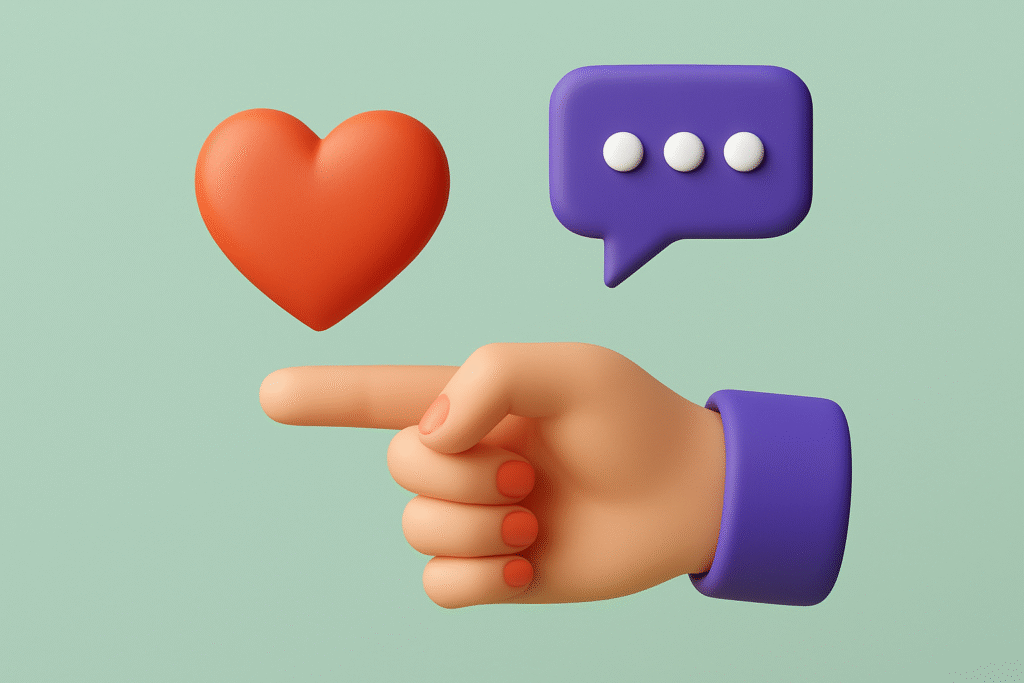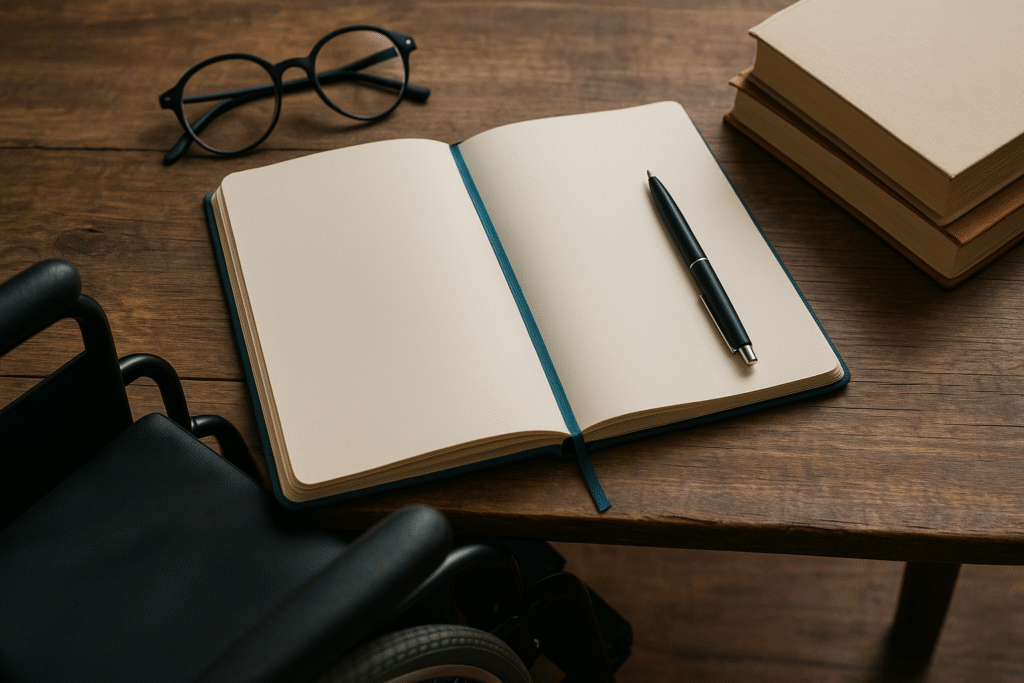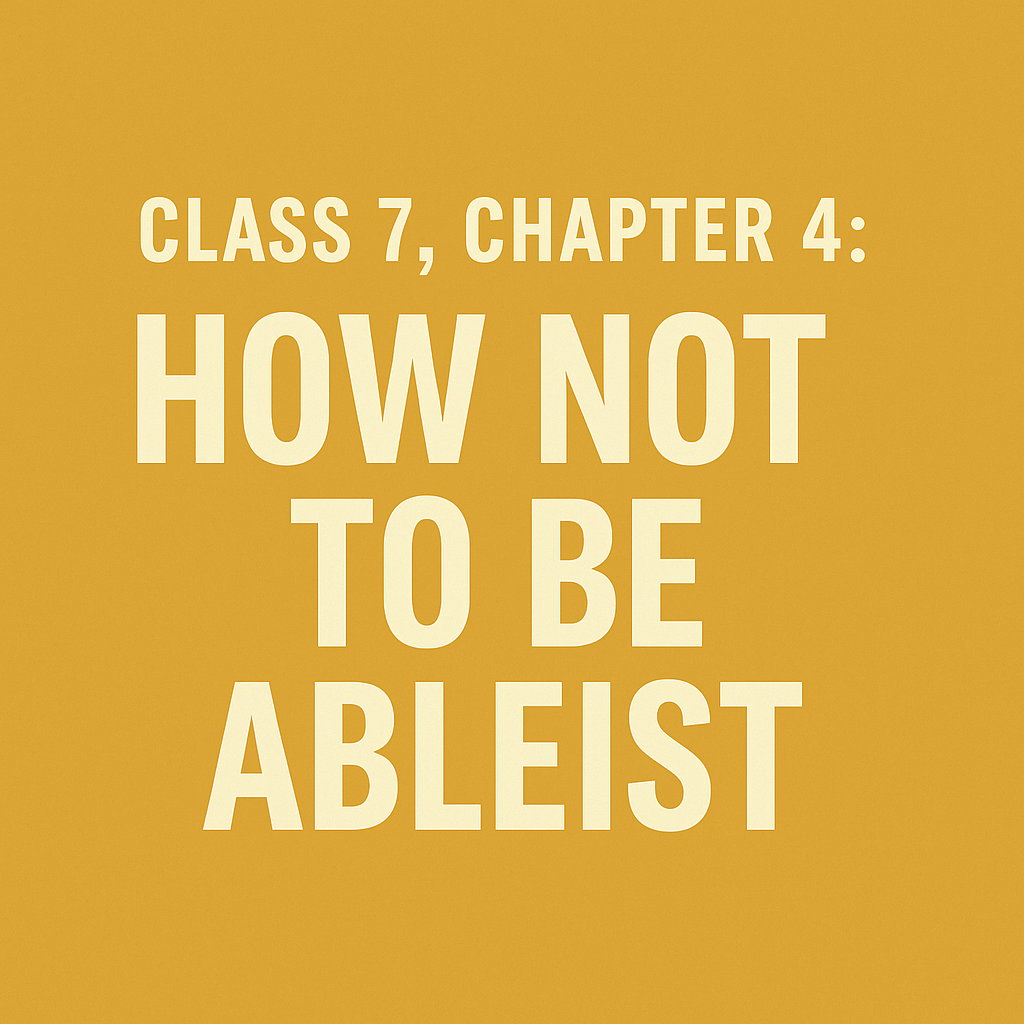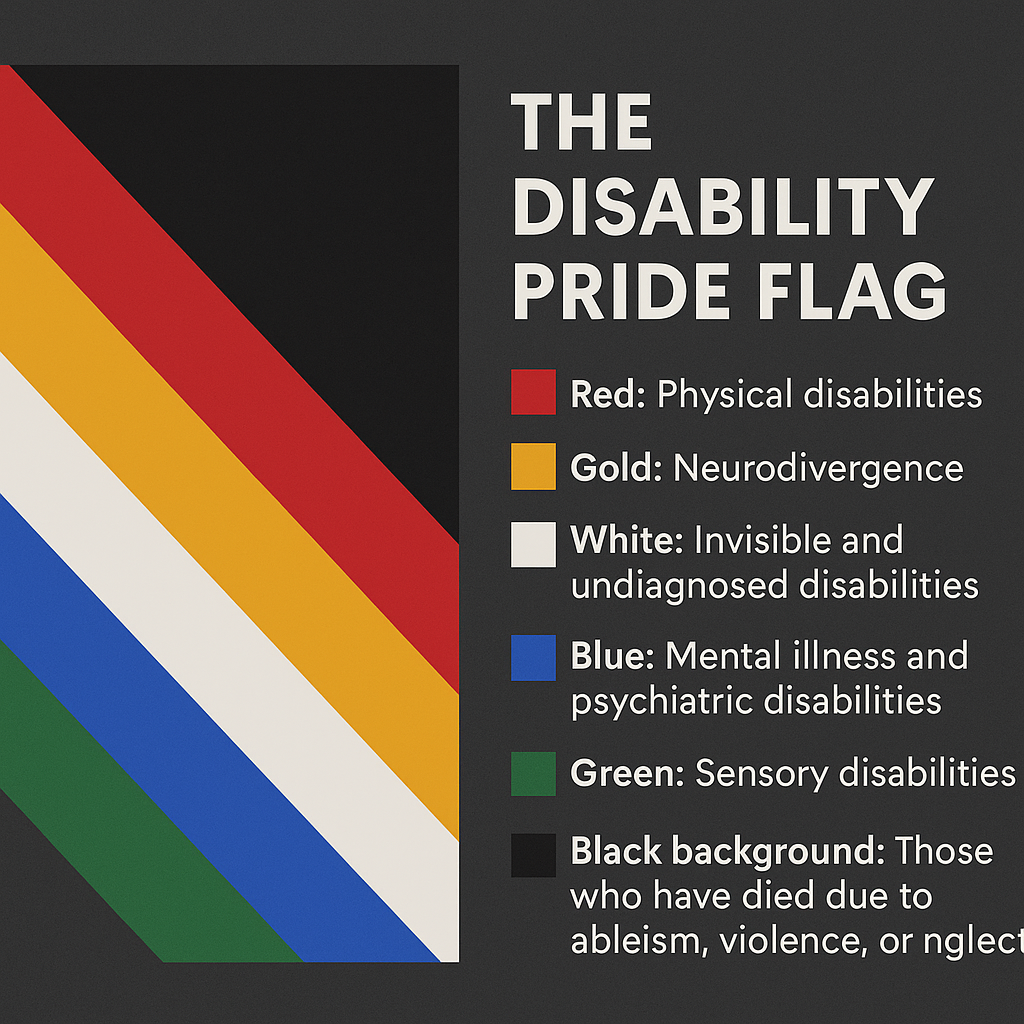As a psychotherapist and counselor who uses a wheelchair, my personal journey has shown me how critical it is for individuals with disabilities to have access to mental health services. The challenges of navigating physical and societal barriers often take a toll on one’s emotional well-being, and yet, many people with disabilities struggle to access the care they need. Mental health should be a right, not a luxury. For individuals with disabilities, it is essential that counseling services are made both accessible and affordable. By creating inclusive environments that understand the unique struggles of this community and offering specialized, affordable care, we can help break the barriers that prevent so many from seeking support. On World Mental Health Day, let’s advocate for a future where mental health services are accessible to all, regardless of ability.


